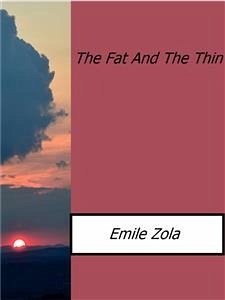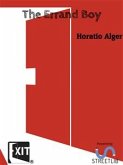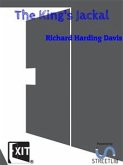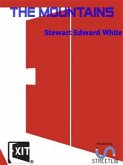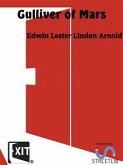The Fat And The Thin, also known as Le Ventre de Paris(1873) is the third novel in Émile Zola's twenty-volume series Les Rougon-Macquart. It is set in and around Les Halles, the enormous, busy central market of 19th Century Paris. Les Halles, rebuilt in cast iron and glass during the Second Empire was a landmark of modernity in the city, the wholesale and retail center of a thriving food industry. This story is Zola's first novel entirely on the working class.The protagonist is Florent, an escaped political prisoner mistakenly arrested after the French coup of 1851. He returns to his step-brother Quenu, a charcutier and his wife Lisa Quenu (formerly Macquart), with whom he finds refuge. They get him a job in the market as a fish inspector. After getting mixed up in an ineffectual socialist plot against the Empire, Florent is arrested and deported again.
Bitte wählen Sie Ihr Anliegen aus.
Rechnungen
Retourenschein anfordern
Bestellstatus
Storno

